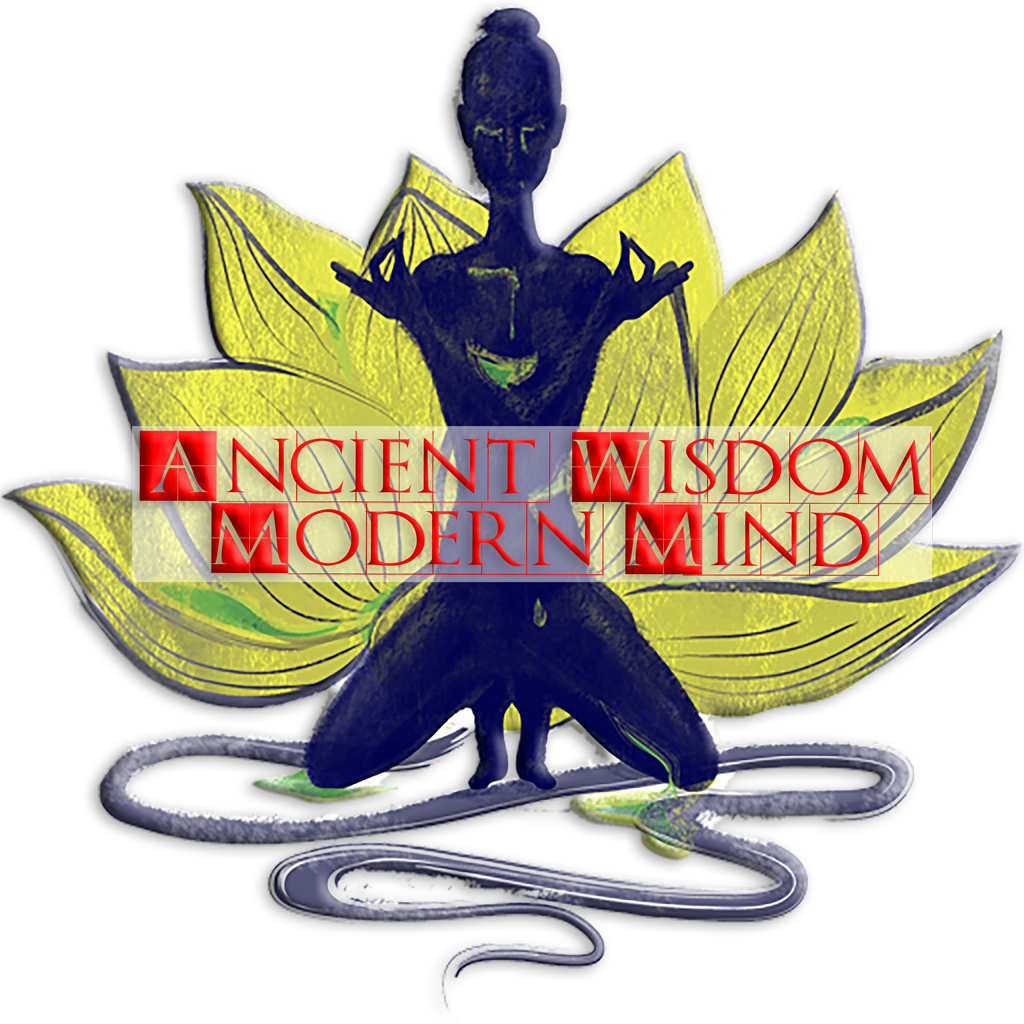What Is the Sound of One Hand Clapping | Zen Koan
What is the sound of one hand clapping? Want to know answer to this spiritual puzzle?
Hello, Jason Cain here and welcome to the Ancient wisdom modern mind podcast and today would like to share the Zen kōan “What is the Sound of One Hand Clapping”.
If you are unfamiliar with the term kōan (also called coagon), a kōan means riddle or puzzle that Zen Buddhists masters would use to help students unravel greater truths about themselves. The Kōan is not trying to get you anywhere intellectually; but is instead trying to make a shift in focus and is meant to make the novice realize that rational and discursive process doesn’t work.
Nothing anyone can say about the kōan can ever be sufficient, as the solution must come through insight. Understanding this inner process leads the novice to understand their own mind through the process of letting go of their current thinking, in a sense, the novice solves the kōan when they become a part of the kōan, when they realize that there is nothing to understand.
Zen is a merger of at least two immensely important but diverse traditions the Daoist tradition from China and the Buddhist tradition from India. To understand Zen, it’s helpful to recall the major tenets of those two traditions.
Centuries ago, Zen practice spread to Japan, Korea, China and most of Asia. Then, in the 19th century, it was exported to Europe and the United States. As expected, each culture’s influence can be seen in its particular version of Zen. In China, it’s not even called Zen, but rather Chan.
The truth is that we are interdependent, constantly changing processes who can reach an awakened state of realization through meditation and mindfulness. Zen relies on teaching, using one-on-one interactions. The Zen Master helps his student along the path to full awakening by providing the student with puzzles called kōans. The “sound of one hand clapping” is exactly that type of teaching tool.
The riddle, like all the Zen kōans, has one objective to help the student realize the limits of rational and discursive thought. In the Zen tradition, each of us has a primordial capacity to understand ourselves and the world completely, to live in a fully awakened, spontaneous way and it is only a matter of recovering or uncovering that Buddha nature.
The kōan puzzle calls for a major paradigm shift and an abandonment of rationality, since we are prisoners of our own concepts, reason, language and logic. The minute we try to understand the idea of the “sound of one hand clapping” we limit our thinking, box ourselves in and miss the entire objective of this teaching experience.
To learn more about “sound of one hand clapping: listen to the podcast until the end and if you have any question please let me know in the comments.
If you would like to learn about Zen mediation then I have also created the Zazen Compilation ALBUM (The Complete Zen Collection to understanding Zen, Zazen and Kinhin, including guided meditations), follow the link.
Letter of Support
Hello my friends, the patronage of regular followers is greatly appreciated and is the true spirit of mutual self-love… So, if you find any value or joy in the content, please consider becoming a Supporting Patron by downloading Podcasts for a small supporter’s remuneration or by purchasing Meditation audios or books from the Books & Meditation Audios page or by clicking the Supporters Link, and this one simple act makes a huge difference.
👍 share and Stay safe.
References
// IMAGE S O U R C E: Samurai Warrior | License to use Creative Commons Zero - CC0 © Wikilmages
// BACKGROUND M U S I C: Japanese Background Music
// INFORMATION S O U R C E: Mysticism Christian and Buddhist | Suzuki, (Taitaro) 1957, Mysticism Christian and Buddhist. New York.
// INFORMATION S O U R C E: A History of Chinese Philosophy | (Fung Yu) 1952. New York. Princeton, New Jersey

